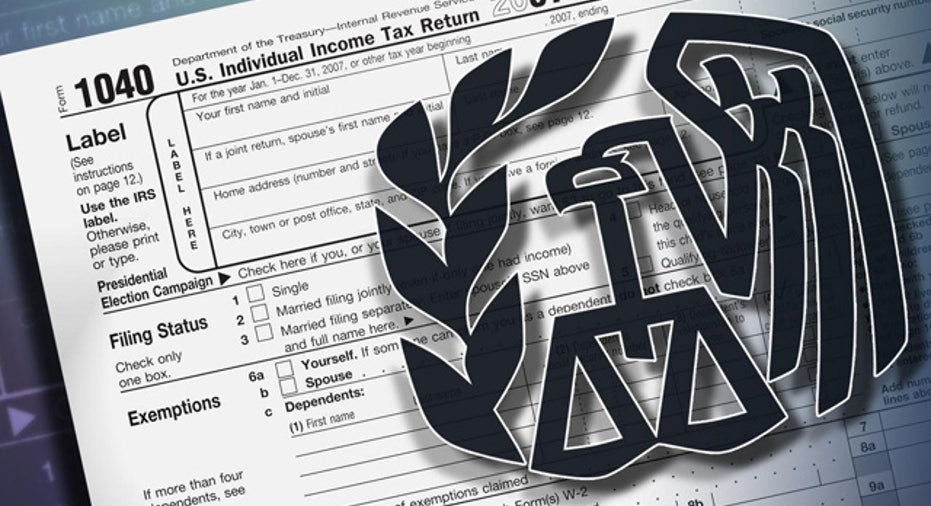Tax Problems? The Art of Negotiating With The IRS

Whether it’s the NFL player who forgot to mail in his tax return or the person who exercised his stock options and triggered a huge tax bill, negotiator Jim Camp has seen a lot of people get into sticky situations with the Internal Revenue Service.
With 25 years of experience, Camp sat down with Prism Money to offer advice on how to successfully negotiate with the taxman.
Is it well-known that the IRS is willing to negotiate with people?
The IRS is more than willing to negotiate. I don’t think a lot of people realize that or understand that. The IRS can stop penalties and interest. They’ll reduce the bill. A lot of tax cases get settled for a lot less than what the IRS demands. You can have a successful conclusion.
(Reuters spoke to IRS spokesman Anthony Burke, who says the IRS offers several programs for those struggling to pay the tax bill: They can apply for an Offer in Compromise (OIC) to settle upon a reduced bill, or apply for a payment plan to pay the tax bill in installments.)
What should one do before negotiating with the IRS?
My first tip is that the worst person to negotiate for yourself is yourself. Negotiation is a terribly emotional arena. There are tax attorneys who do it (negotiate on your behalf) and tax services who can do it. I recommend they go to a tax specialist. I would recommend everyone pursue those services and find out what the cost is before they wade into negotiations with the IRS. It’s always better to have someone represent you.
Is it best to be completely honest with the IRS?
I don’t know why you wouldn’t be honest. If you’re going to be knowing dishonest be careful. That’s why I recommend they have a tax adviser or tax specialist who knows the game. If you’re knowingly dishonest, they can put a brick on your life.
How do you know how far to push in your negotiations?
We have to know exactly what we want and we have to work to get it. So often people don’t know what they want. Stick to your guns. If you know what you want, you’ll know when to stop.What are the chances of negotiations working in your favor?
If you’re honest and you have good representation, I think your chances are 100%. You’re going to come up with an agreement you can live with.
Camp has the following tips for negotiating with the IRS:
1. Do your homework. Gather every bit of information that might be relevant to your situation. Do research on the IRS website to find strategies, precedents and tips.
2. Schedule face time. Camp suggests people make an in-person appointment with an IRS agent which is more advantageous than answering questions over the telephone.
3. Shut up and take notes. Camp believes emotional control is the key to success. Asking copious questions and taking notes helps calm you down, focus and become a blank slate in order to gather the best information possible. Asking questions can help steer your dialogue with the IRS and give you more information about your options.
4. Keep the needs of the IRS in mind. The IRS wouldn’t be talking to you if they didn’t need your cooperation, Camp says. The perception you give to the IRS agent is important because they will have to defend you to their boss.
5. Never make a promise or agree to a compromise at the start. The IRS wants you to commit to a plan from the start. Instead, your goal should be to get the IRS to commit to a plan which serves both your interests.
6. Do not look for closure. If you immediately start thinking about the solution to this problem or your way out you will no longer be listening, taking notes and being in the present. Stay focused on getting the agent to talk and reveal the IRS’s position on your situation.



















